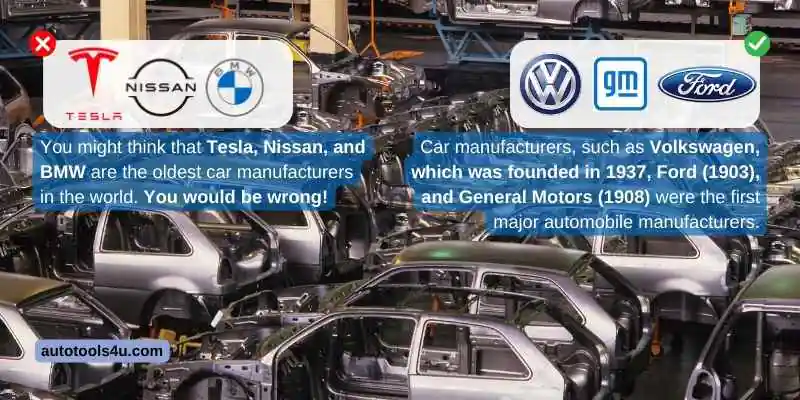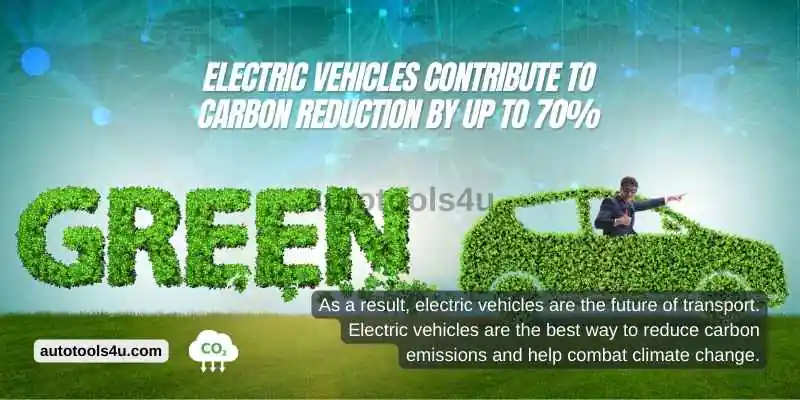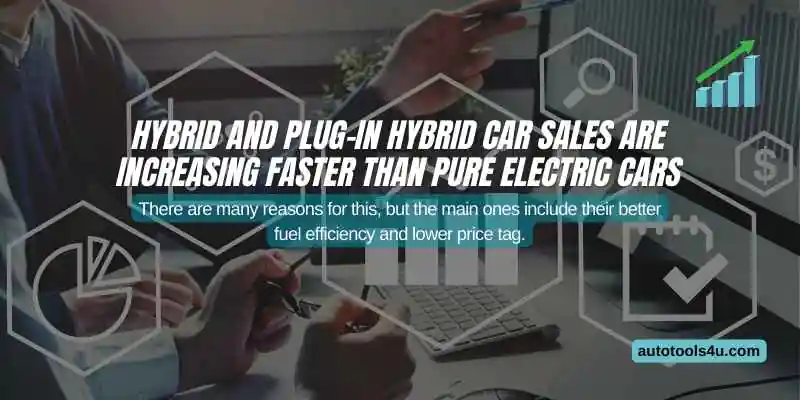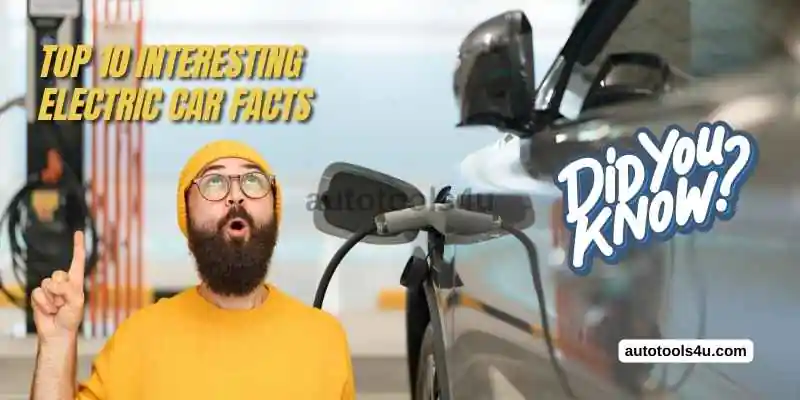There are a lot of electric car facts out there, but they can often be confusing or hard to find. We’ve put together this list of 10 interesting facts about electric vehicles (EVs) so you know everything there is to know about them!
1. Electric vehicles are not new
As you may have guessed, the first electric car was built in 1828. Driven by an inventor named Thomas Davenport, this vehicle could go a whopping 16 miles per hour and had to be recharged every 20 minutes or so. That said, it was still better than horse-drawn carriages at the time!
* Electricity is an important part of modern life, but it wasn’t always so easy to come by. In fact, when the very first electric car was built in 1828, it was a lot harder! Fortunately for us today though it has become rather a habit of taking it for granted.
2. Electric cars are not just a craze
Electric cars are not just a fad. In fact, they’ve been around since the late 1800s. Over the years, there have been a variety of different electric vehicles produced and sold to consumers worldwide; however, many of these early electric cars were more like golf carts than full-sized automobiles.
Back in 1899, an inventor named Nikola Tesla built what he called an “automobile without horsepower” (which he called his “electric car”). This vehicle was powered by several large batteries that were charged at night and could be used for personal transportation during the daytime hours when electricity was needed most urgently by people who lived or worked in cities with poor air quality due to lots of coal smoke coming from factories near where they lived or worked each day.

3. They are made by the oldest car manufacturers in the world
You might think that Tesla, Nissan, and BMW are the oldest car manufacturers in the world. You would be wrong! Car manufacturers, such as Volkswagen, which was founded in 1937, Ford (1903), and General Motors (1908) were the first major automobile manufacturers.
This means that electric cars aren’t as new a concept as you may have thought—they’re just made by new companies!
As much as electric cars have changed the way we think about transportation, there’s still plenty more to learn about these fascinating vehicles
4. Oil-based transport is doomed
You may have heard about the impending doom of oil-based transport. It’s true: oil is a limited resource that will run out someday, and when it does, prices will spike overnight. In addition, oil is dirty and expensive to produce. Electric cars are cleaner and cheaper as well as better for your wallet and the environment as a whole. This makes them great investments now while they’re still relatively affordable!
Electric cars are also less expensive to run because electricity is cheaper per mile driven than gasoline. This makes them better for your wallet, but it’s also great news for the environment! If you’re concerned about global warming or climate change, then investing in an EV will help reduce emissions from tailpipes and reduce carbon dioxide released into the atmosphere.
5. First mass production electric car was not made by Tesla or Nissan
The Zoe is not the first mass-produced electric vehicle, but it was the first to reach a high production volume and is still very popular in French markets. The Renault Zoe has been on sale since 2012 and is still going strong today. It is one of the most popular electric cars in Europe and is available in two versions: pure EV and range-extended EV.

6. Electric vehicles contribute to carbon reduction by up to 70%
Electric vehicles can reduce carbon emissions by up to 70%.
As a result, electric vehicles are the future of transport. Electric vehicles are the best way to reduce carbon emissions and help combat climate change. If you own an electric car and use it as your daily driver, your carbon footprint will be significantly smaller than if you owned a petrol or diesel car.
Electric cars are cheaper to run than petrol or diesel vehicles. They also have fewer moving parts, which means that they are much less likely to break down.
7. They increase our energy security
Electric vehicles (EVs) are powered by electricity, which is a cleaner and more reliable source of energy than oil. Electricity can be generated from renewable sources such as hydroelectricity or wind power. This makes EVs carbon-neutral and less reliant on oil.
In addition to being good for the environment, EVs are also good for your wallet! They cost less to fuel than conventional vehicles because they use clean energy that doesn’t need to be produced by burning fossil fuels like gasoline or diesel fuel. In fact, some studies have found that driving an EV costs 40% more per mile than driving a gasoline-powered vehicle, of course, this will massively depend on the cost of the unit of electricity available in your area or region.
The electricity grid is a complex network of power lines that brings energy to your home or business. As long as there’s access to it, an electric vehicle can be charged from anywhere. And because they don’t need oil or gasoline, EVs can travel farther on a single charge than most gas-powered vehicles could with their tanks full.
8. You can charge your electric vehicle at home
There are several different ways to charge your electric vehicle at home. The first way is to simply plug your car into an outlet, much like you would with a cell phone or laptop. Many homes have outlets installed for this purpose, and even if they don’t you can easily install one yourself. You can also charge your electric vehicle by plugging it into an electric outlet in a garage or shed that has been converted into a charging station.
You may also find public charging stations throughout cities where multiple vehicles are able to connect at once so that each person only needs one cord plugged into their battery pack (in order not to take up all available space). These stations often offer free access for those who don’t want extra charges added onto their regular bills every month—so check out what options exist near where you live today before committing fully!
9. The charging infrastructure is growing rapidly
You can now charge your electric car at over 20,000 charging stations in the US, and 80,000 charging stations across Europe. China has already surpassed both of those regions with over 200,000 charging stations. Even though these numbers are impressive, they are only going to keep increasing as more people buy electric vehicles and new charging stations get built every day. The National Renewable Energy Laboratory estimates that by 2050 there will be over 30 million electric cars on American roads alone!
For those who don’t have access to charging stations in their area but want the convenience of charging their vehicle, there are many options available. You can purchase an electric car that has its own power source, such as a plug-in hybrid or battery pack that can be charged from any standard outlet at home. Alternatively, installing solar panels on your roof will allow you to charge your car for free using clean energy.

10. Hybrid and plug-in hybrid car sales are increasing faster than pure electric cars
One of the biggest electric car facts you should know is that hybrid and plug-in hybrid cars are more popular than pure electric cars. There are many reasons for this, but the main ones include their better fuel efficiency and lower price tag.
The first point is pretty self-explanatory: hybrids use electricity to power their motors, which means they’re more efficient than most vehicles on the road today. In fact, they get an average of 40 mpg in combined city/highway driving!
The second point also comes down to cost efficiency: these types of cars can be very expensive when compared with regular gasoline-powered vehicles (they start at around GBP30K+). However, they require less maintenance and parts replacements over time—something that adds up after a few years behind the wheel (especially if your commute includes hills or mountains). This makes them much cheaper in the long run than many other options out there today like EVs that run entirely off lithium-ion batteries or diesel engines which require premium fuel prices just to operate smoothly without breaking down due to wear & tear over time.
Conclusion
We hope that these 10 facts about electric cars have helped you understand the technology better, and maybe even changed your mind on whether or not they are a good idea. We think that they are! At least as much as any other type of vehicle can be. There is no doubt in our minds that EVs will be one of the fastest-growing segments in the coming years and we’re excited to see where this goes from here.
